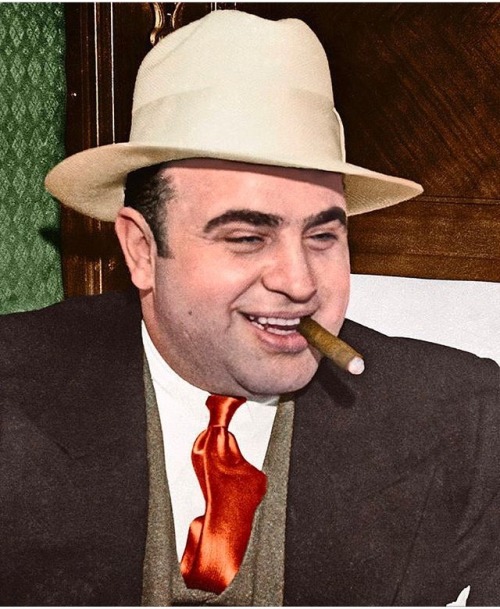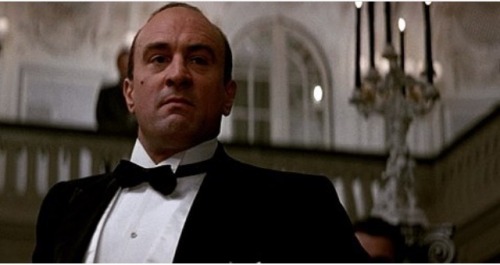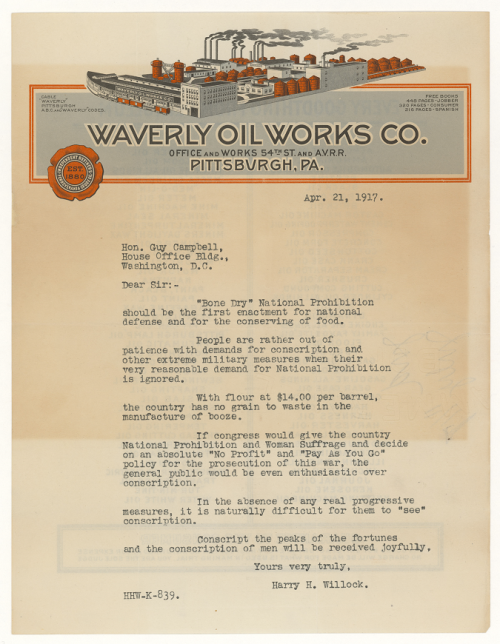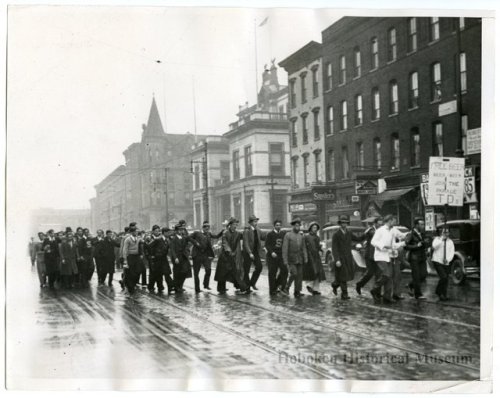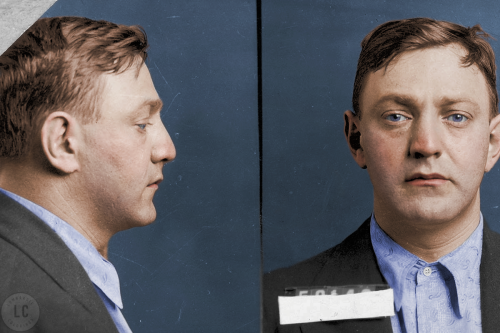#prohibition

The Supreme Court has embarked on a social experiment as dumb as Prohibition.
A man becomes preeminent, he’s expected to have enthusiasms. Enthusiasms, enthusiasms… What are mine? What draws my admiration? What is that which gives me joy? Baseball…
Post link
“‘Bone Dry’ National Prohibition should be the first enactment for national defense and for the conserving of food.”
Letter from Harry H. Willock, 4/21/1917.
Series: Petitions and Memorials, 1813 - 1968
Record Group 233: Records of the U.S. House of Representatives, 1789 - 2015
Transcription:
Apr. 21, 1917.
Hon. Guy Campbell,
House Office Bldg.,
Washington, D.C.
Dear Sir:-
“Bone Dry” National Prohibition should be the first enactment for national defense and for the conserving of food.
People are rather out of patience with demands for conscription and other extreme military measures when their very reasonable demand for National Prohibition is ignored.
With flour at $14.00 per barrel, the country has no grain to waste in the manufacture of booze.
If congress would give the country National Prohibition and Woman Suffrage and decide on an absolute “No Profit” and “Pay As You Go” policy for the prosecution of this war, the general public would be even enthusiastic over conscription.
In the absence of any real progressive measures, it is naturally difficult for them to “see” conscription.
Conscript the peaks of the fortunes and the conscription of men will be received joyfully.
Yours very truly,
Harry H. Willock.
HHW-K-839.
Post link
December 5, 1933: Prohibition ends
“The 21st Amendment to the U.S. Constitution is ratified, repealing the 18th Amendment and bringing an end to the era of national prohibition of alcohol in America. At 5:32 p.m. EST, Utah became the 36th state to ratify the amendment, achieving the requisite three-fourths majority of states’ approval. Pennsylvania and Ohio had ratified it earlier in the day.
The movement for the prohibition of alcohol began in the early 19th century, when Americans concerned about the adverse effects of drinking began forming temperance societies. By the late 19th century, these groups had become a powerful political force, campaigning on the state level and calling for national liquor abstinence. Several states outlawed the manufacture or sale of alcohol within their own borders. In December 1917, the 18th Amendment, prohibiting the “manufacture, sale, or transportation of intoxicating liquors for beverage purposes,” was passed by Congress and sent to the states for ratification. On January 29, 1919, the 18th Amendment achieved the necessary three-fourths majority of state ratification. Prohibition essentially began in June of that year, but the amendment did not officially take effect until January 29, 1920.
In the meantime, Congress passed the Volstead Act on October 28, 1919, over President Woodrow Wilson’s veto. The Volstead Act provided for the enforcement of Prohibition, including the creation of a special Prohibition unit of the Treasury Department. In its first six months, the unit destroyed thousands of illicit stills run by bootleggers. However, federal agents and police did little more than slow the flow of booze, and organized crime flourished in America. Large-scale bootleggers like Al Capone of Chicago built criminal empires out of illegal distribution efforts, and federal and state governments lost billions in tax revenue. In most urban areas, the individual consumption of alcohol was largely tolerated and drinkers gathered at “speakeasies,” the Prohibition-era term for saloons.
Prohibition, failing fully to enforce sobriety and costing billions, rapidly lost popular support in the early 1930s. In 1933, the 21st Amendment to the Constitution was passed and ratified, ending national Prohibition. After the repeal of the 18th Amendment, some states continued Prohibition by maintaining statewide temperance laws. Mississippi, the last dry state in the Union, ended Prohibition in 1966.”
This week in History:
December 2, 1823: Monroe Doctrine declared
December 3, 1818: Illinois becomes 21st state
December 4, 1783: Washington bids farewell to his officers
December 5, 1776: Phi Beta Kappa founded
December 6, 1865: 13th Amendment ratified
December 7, 1941: Pearl Harbor bombed
December 8, 1980: John Lennon shot
Thisphotographof students celebrating the legalization of 3.2 percent beer in April 1933, foreshadowing the end of Prohibition, can be found in the online collection of the Hoboken Historical Museum.
Post link
Photographed by the New York Police Department, June 18, 1931.
Colored by Lombardie Colorings.
________________________________________________________________
Post link
Rumrunner’s Cove, Marquette, MI. During prohibition small boats would hide within the natural rock walls of the cove and unload boxes of liquor. Metal anchor’s staked into the sides of the cliffs are still present where the boats could be tied up during the operation. Now a favorite spot of many Marquette residents for swimming and cliff jumping!
By: Emily Hawkins
Post link

